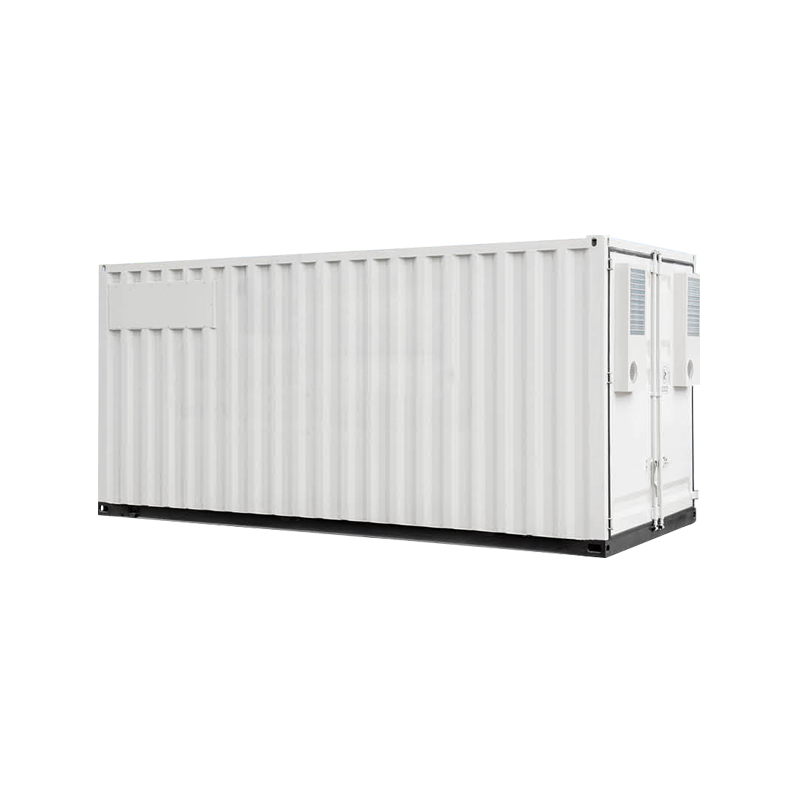Industry News
How Commercial Solar PV Battery Storage Enhances Energy Management
Commercial solar PV battery storage systems allow businesses to store excess solar energy generated during the day for use at night or during periods of low sunlight, enhancing energy efficiency and potentially lowering energy costs.
A commercial solar PV battery storage system typically consists of rechargeable batteries connected to the solar power system and the building’s electrical infrastructure. During daylight hours, solar panels convert sunlight into electricity. When the energy demand within the facility is lower than the solar production, the surplus energy is stored in batteries rather than being sent back to the grid or wasted.
This stored energy can then be used when solar production is insufficient, such as during nighttime, cloudy days, or peak demand periods. The integration of battery storage helps commercial users manage energy consumption more effectively and can provide a degree of energy independence.
Using battery storage with commercial solar PV systems offers several practical benefits:
Load Management: Battery storage enables businesses to reduce their reliance on grid electricity during peak hours when energy rates are often higher. By discharging stored energy during these times, commercial facilities can optimize their energy costs.
Backup Power: In case of power outages, a battery storage system can provide backup electricity to keep critical operations running. This feature can be particularly valuable for businesses that rely on a continuous power supply.
Energy Efficiency: Storing excess solar energy reduces wastage and allows businesses to big the use of renewable energy generated onsite, supporting sustainability goals.
Grid Interaction: Some systems allow for advanced energy management, including time-of-use optimization and demand response participation, which can further improve operational cost-effectiveness.
Commercial solar PV battery storage systems may employ various battery technologies, including:
Lithium-ion Batteries: Known for their energy density and efficiency, these batteries are common in commercial installations. They offer longer cycle life and relatively low maintenance.
pilot-Acid Batteries: A more traditional option, pilot-acid batteries are generally less expensive but require more maintenance and have a shorter lifespan.
Flow Batteries: These are emerging technologies that offer scalable energy capacity and can provide longer discharge durations, making them suitable for larger commercial applications.
Each technology presents trade-offs in terms of cost, lifespan, efficiency, and maintenance requirements. Selecting the right battery type depends on the specific energy needs and financial considerations of the business.
When implementing a commercial solar PV battery storage system, several factors should be considered:
System Size and Capacity: The battery system should be sized to meet the facility’s energy storage needs, balancing cost and energy requirements.
Safety: Proper installation following electrical and fire safety standards is critical. Battery enclosures often include ventilation and temperature control features.
Monitoring and Control: Effective monitoring systems allow operators to track battery performance, charge status, and energy flows, facilitating maintenance and optimization.
Integration with Existing Infrastructure: The battery storage system should be compatible with the existing solar PV array and electrical system, potentially requiring upgrades to inverters or control systems.
Commercial solar PV battery storage offers a practical approach for businesses to improve energy management, reduce costs, and support renewable energy use. By storing excess solar energy for later use, these systems provide greater flexibility and reliability in power supply. Careful selection of battery technology, proper system design, and professional installation contribute to the effectiveness and safety of commercial battery storage solutions.

Next
Applications and Benefits of Outdoor Weatherproof Power Cord Boxes
<p>Outdoor electrical setups often require special considerations to ensure safety and durabil...
View More- PRODUCTS
- New Energy Power Distribution Equipment
- Box Type Substation
- Cable Branch Box/Switch Station
- High Voltage Switchgear
- Low Voltage Switchgear
- Engineering Vacuum Circuit Breaker
- New Energy Vehicle Floor Charging Pile
- Commercial Energy Storage
- Photovoltaic Complete Box
- High Voltage Arrester
- INFORMATION
-
-
Phone+86-13868788848
+86-13356188725 -
Tel+86-0577-88810567
-
E-mail
-
AddNo. 59, Youyi Road, Xinguang Industrial Zone, Liushi Town, Yueqing City, Zhejiang, China
-
- ENQUIRE WITH US
Photovoltaic Module Manufacturer




 English
English  中文简体
中文简体  русский
русский  Español
Español  عربى
عربى 


